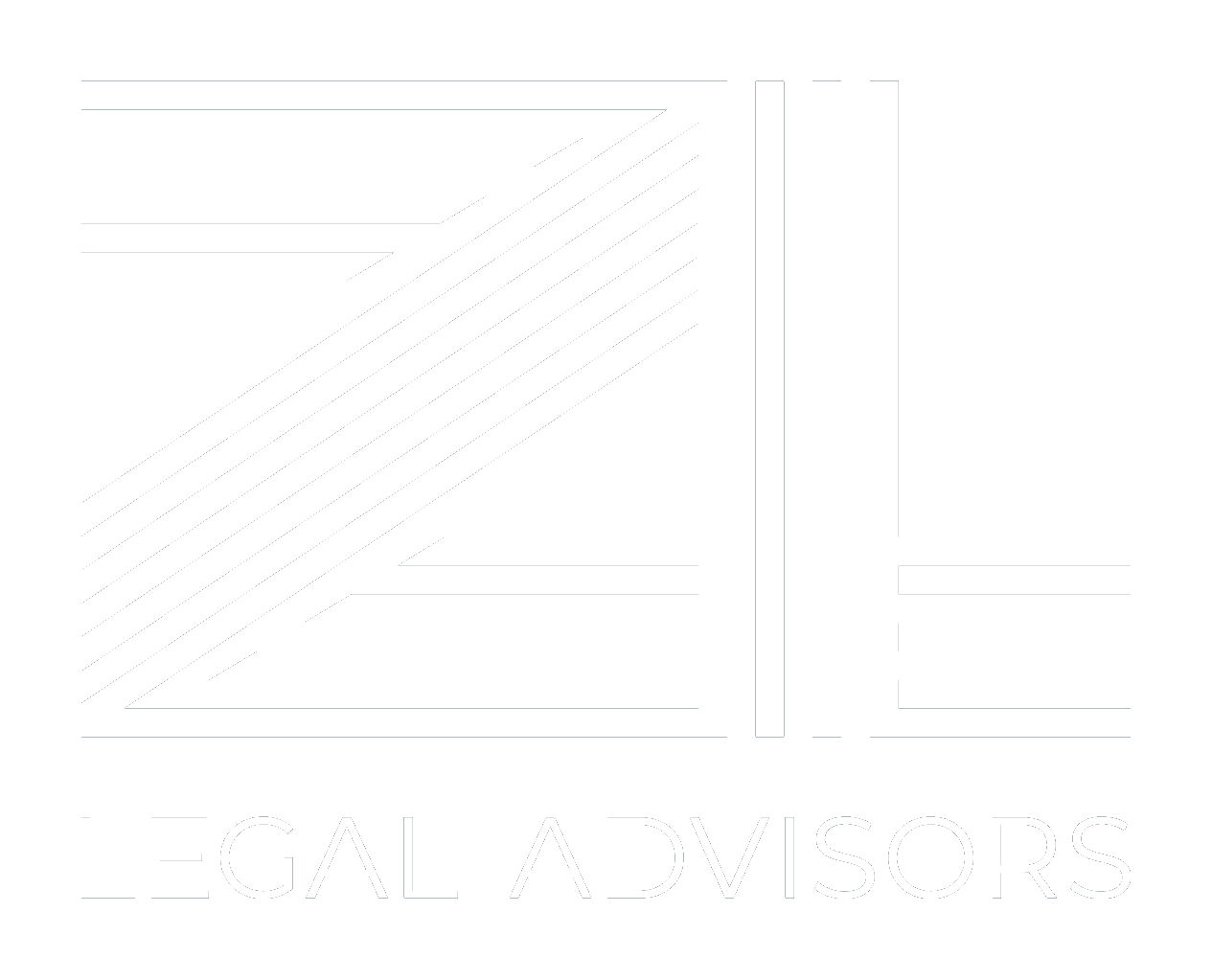At the end of May, the Polish Sejm passed regulations implementing the EU directive on whistleblower protection. The bill will now go to the Senate, and then to the President for signature. This is an extremely important step in the process of introducing whistleblower protection regulations. The EU directive required member states to implement the provisions by December 17, 2021. Poland’s delay in implementation is significant, but there is hope that the legislative work will finally be completed.
The bill stipulates that all organisations employing at least fifty people are required to establish an internal procedure for reporting legal violations and taking follow-up actions. The number of workers includes both employees in the meaning of the Labour Code and those employed under civil law contracts.
A whistleblower will be able to report violations in areas such as privacy and data protection, corruption, public procurement, environmental protection, or anti-money laundering. The Polish bill also extends this scope to include labour law violations. This will certainly entail additional obligations for organisations, which will not only be required to implement appropriate reporting procedures but also to review existing procedures (e.g., mobbing or equal treatment policies) in the context of new requirements.
Anyone who is providing, has provided, or was to provide work or services for the organisation can be recognized as a whistleblower. Whistleblower protection will primarily include the prohibition of retaliatory actions, such as termination of the employment contract, deterioration of the whistleblower’s working conditions, or disciplinary action against the whistleblower. The current draft provides for criminal liability for obstructing the submission of a report and for taking retaliatory actions against a whistleblower. Additionally, if retaliatory actions are taken against the whistleblower, they will be entitled to compensation of no less than the national average monthly salary.
A facilitation for large organisations will be the possibility of introducing a common procedure for accepting reports for entities within a capital group. This change was introduced at the last stage of the Sejm’s work, and further clarification of the relevant provisions can be expected in the Senate’s proceedings.
The bill is to come into force three months after its announcement. Therefore, it is worth starting preparations for the implementation of changes early. When planning the schedule for implementing the new internal regulations, it is important to remember that there is the obligation to consult the procedure with the company’s trade union organisation or employee representatives.





